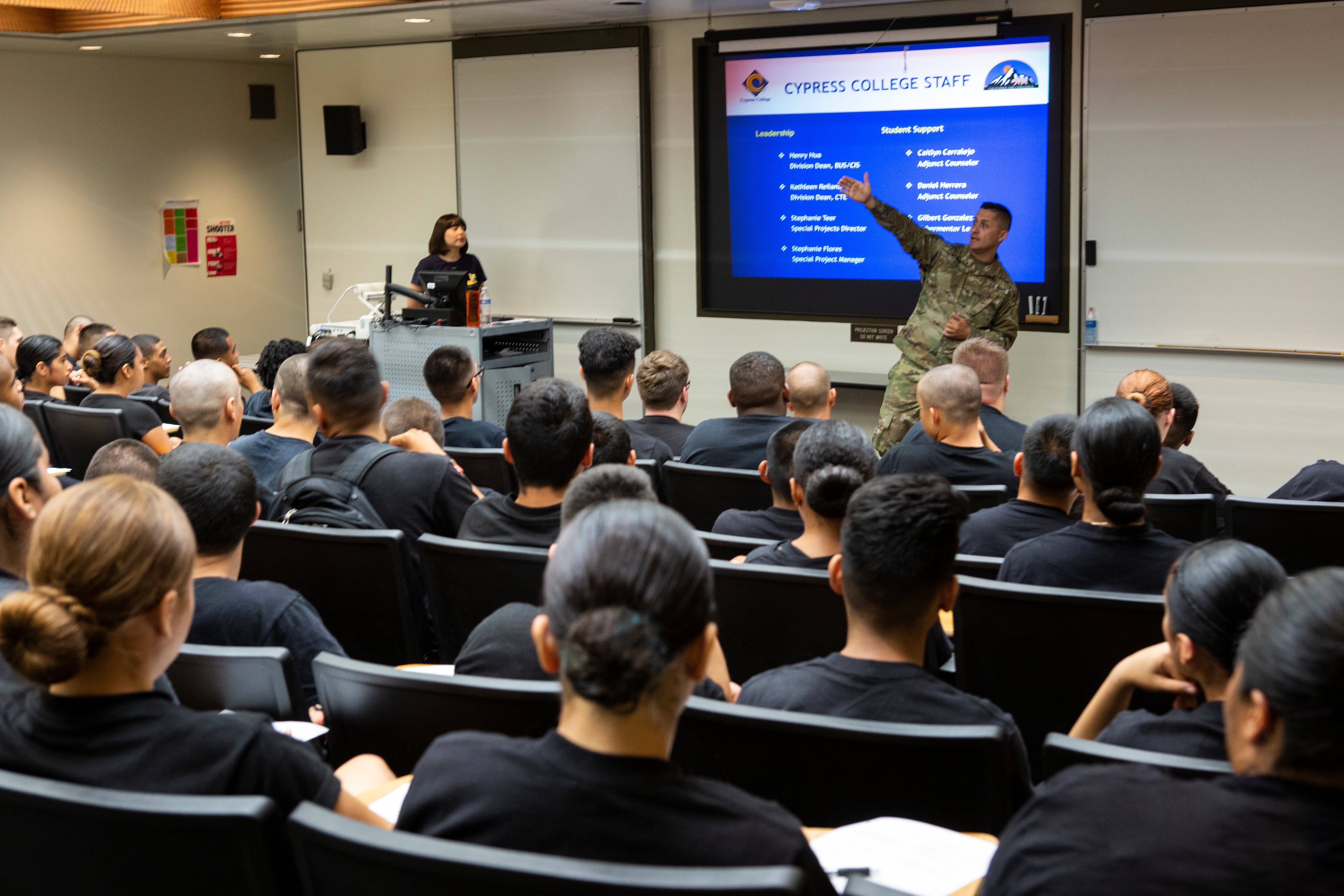In an attempt to curb for-profit colleges’ targeting of military students, House lawmakers on Tuesday voted to reclassify how military tuition assistance money is counted in funding formulas for higher education federal aid.
If the provision were to become law — the proposal still faces a long legislative road ahead — the move could lead to major changes in how for-profit colleges recruit and retain troops taking classes while still in the service.
At issue is the so-called 90-10 rule, which requires that any for-profit education institution derive at least 10 percent of their revenue from non-federal sources.
RELATED

The idea behind the law is to ensure that schools are providing education benefits to at least a minimum base of students, and not simply siphoning federal dollars into empty programs.
But military and veterans education advocates have long lamented that under existing statute, Defense Department tuition assistance programs and the Veterans Affairs GI Bill program are not considered part of the 90-percent limit on federal funds.
As a result, tuition payments through those programs can help schools meet their 10 percent requirement, making the veteran and military students potentially lucrative targets.
“The 90-10 rule was put in place to prevent waste, fraud, and abuse of federal education dollars, but for-profit colleges have exploited the loophole to earn millions in profits by targeting servicemembers and veterans,” said Rep. Mark Takano, D-Calif., sponsor of the measure and chairman of the House Veterans’ Affairs Committee.
“This loophole incentivizes these predatory for-profits to aggressively recruit servicemembers and veterans for their earned education benefits … We must close the loophole to rein in the predatory for-profit college industry and protect servicemember and veterans’ hard-earned education benefits.”
Tuesday’s proposal — which was added to the annual defense authorization bill by a largely partisan 232-184 vote — would not apply to veterans education benefits.
Advocates have also pushed in the past for restricting how those GI Bill dollars are classified, but without success in Congress.
For-profit schools have argued in the past that such changes unfairly target their students, many of whom choose the institutions because of flexible learning schedules and programs, not because of heavy-handed recruiting.
RELATED

“(This plan) seeks to punish a small business because it had the audacity to try to help military and veteran students achieve their educational and career potential,” said Rep. Virginia Foxx, R-N.C. “Congress should not deny educational choices to military service members because of arbitrary accounting gimmicks.”
The move comes just days after administration officials reauthorized a pair of for-profit schools to receive GI Bill funding despite past deceptive advertising. Officials from University of Phoenix and Bellevue University had been barred from enrolling new GI Bill students for several months.
The House proposal faces long-odds in the Republican-controlled Senate, where similar measures have failed to gain legislative traction in recent years.
Negotiators for the annual defense authorization bill to which the proposal was attached may also decide to dump the plan in favor of passing the bulk of the rest of the budget policy measure, which includes items like the annual military pay raise and military end strength requirements.
Leo covers Congress, Veterans Affairs and the White House for Military Times. He has covered Washington, D.C. since 2004, focusing on military personnel and veterans policies. His work has earned numerous honors, including a 2009 Polk award, a 2010 National Headliner Award, the IAVA Leadership in Journalism award and the VFW News Media award.





